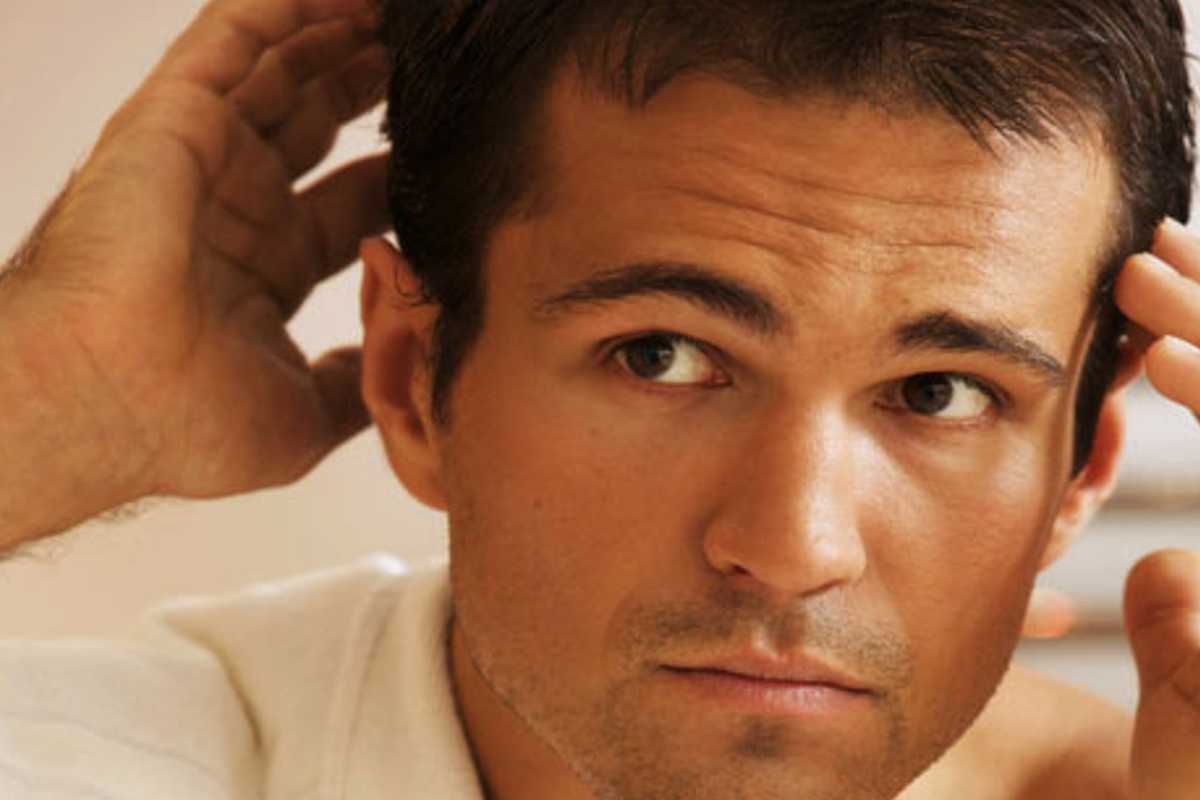Feed the Scalp to Treat Thinning Hair

Thinning hair is a reality for many people, and it can be emotionally traumatic. Thick, full hair represents youth and vitality while thinning hair signifies ageing. How can someone combat thinning hair without the harsh chemicals and side effects of hair loss medications?
The Drug Administrations and different govt. has approved many drugs for the treatment of hair loss. These and other chemical solutions are effective, but they also pose health risks. Chemical treatments can be flammable and they often produce undesirable results. Some medications cause unpleasant side effects.
Natural Medicine For Thinning Hair
Hippocrates, the father of Western medicine, treated illness with food before he turned to medicine. According to natural health experts, this is just as important for healthy hair. Receding hairlines and shrinking ponytails could be a sign of poor nutrition. Organic foods and natural supplements are good “green medicine” for thinning hair.
Protein
Protein is an important nutrient for healthy hair. The body needs protein to build keratin, the outer layer of the scalp. Inadequate protein intake causes dry, brittle and breakable hair. Eggs, lean meats and soy are good sources of iron-rich protein. Supplement powders are beneficial for some people.
Silica
Silica, sometimes called “the forgotten nutrient,” is a beneficial nutrient for thinning hair. Some people use it as a homoeopathic remedy or detoxification agent. As a “beauty mineral,” silica improves hair and nail growth as well as skin elasticity. Cabbage, rice and sunflower seeds are good sources of silica.
Biotin
Biotin, also known as vitamin B7, is an essential vitamin for healthy hair. Similar to protein, biotin maintains the hair’s texture and prevents breakage. Egg yolks, salmon and sardines are good sources of biotin.
Vitamin A
Sebum, an oily substance in the skin and hair, needs vitamin A for production. It may also prevent dandruff and other scalp conditions that can cause thinning hair or hair loss.
Vitamin C
Vitamin C also treats thinning hair. This important vitamin builds collagen, a protein that supports hair follicles and maintains blood vessels in the scalp. Vitamin C improves the absorption of iron in plant proteins. Oranges, strawberries and tomatoes are good sources of vitamin C.
Vitamin D
Hair loss may result from a vitamin D deficiency. Getting more of this “sunshine vitamin” is an effective way to treat thinning hair. Sunlight is the best source of vitamin D. Milk is not a source of vitamin D but may contain it as a supplement.
Omega 3 Fatty Acids
Omega 3 fatty acids enable the body to produce vitamin D. These good fats produce good cholesterol and remove the excess. Salmon, sardines and tuna are sources of omega 3 fatty acids.
Copper, Lysine and Zinc
Thinning hair may stem from copper, lysine and zinc deficiencies. Healthy servings of fresh fruits and vegetables, along with organic or natural foods, usually provide enough nutrients to treat thinning hair. In some cases, extra supplementation may be required.